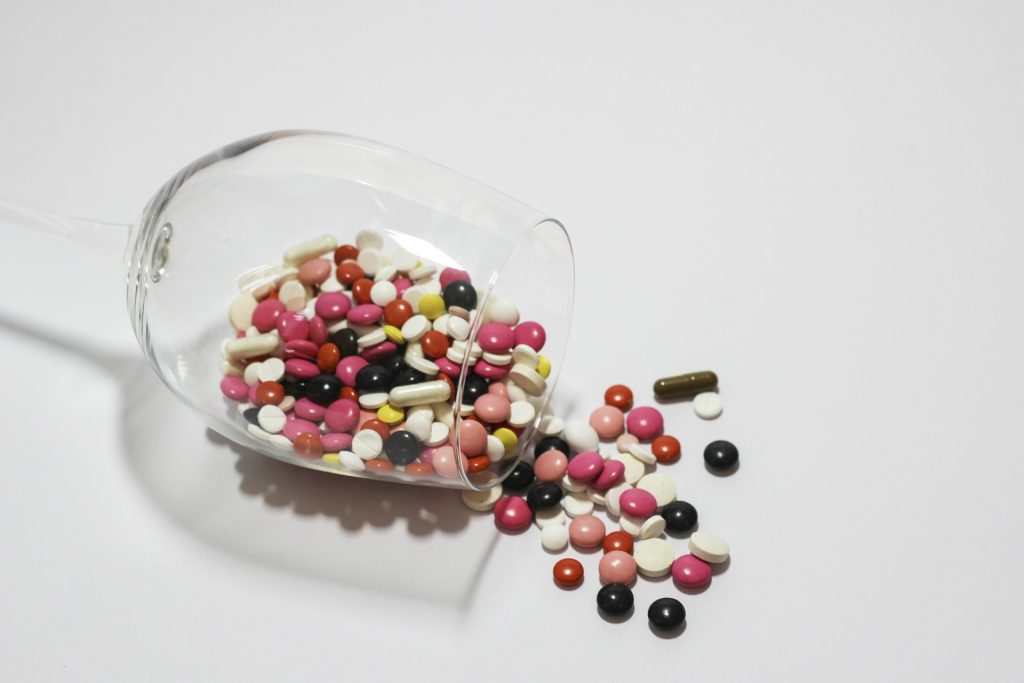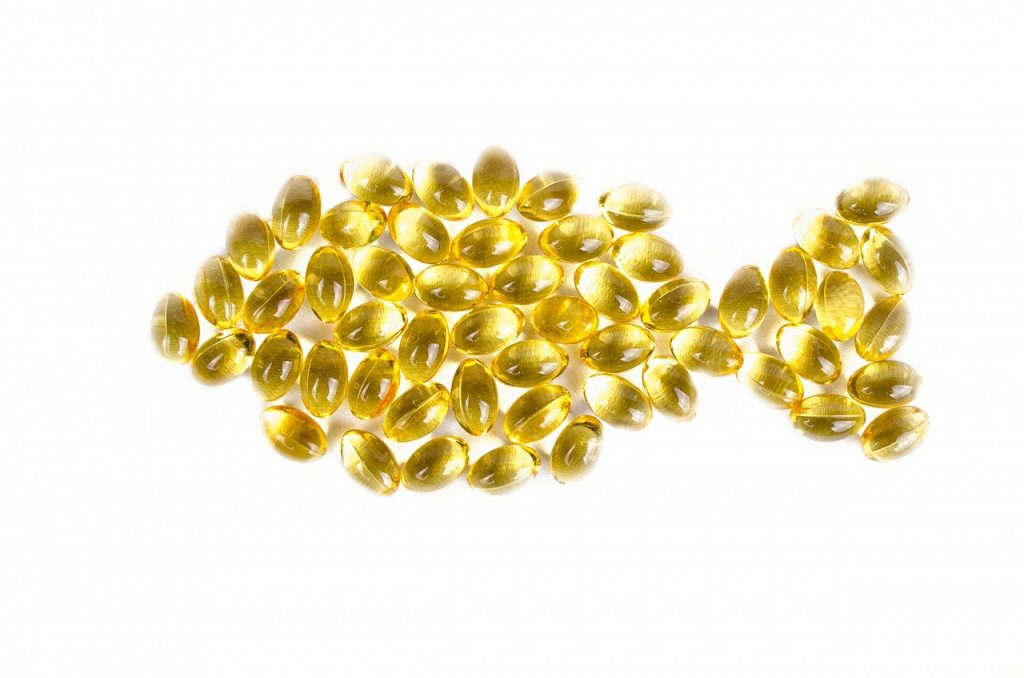It is no secret that proper nutrition is necessary for growing a healthy infant. However, getting the standard daily allowance of minerals and vitamins is difficult even with the healthiest diet. The reason why supplements are welcome during pregnancy is that they facilitate maximum benefit for both, you and the baby.
Until lately the only key supplements for pregnancy that health care providers would recommend were iron and folic acid. Currently, there are many mineral and multivitamin that specialists designed for conception, pregnancy as well as breastfeeding.
Why are Supplements Essential in Pregnancy?
When a woman is pregnant, this is a time in life when it’s pertinent for her to be vigilant about getting adequate nutrients to nourish the infant and supplements can be a great help. However, it is important to note that there are some supplements that one should avoid. Expecting mothers should work closely with their health provider to ensure they are taking the right supplements for the body and pregnancy.
Prenatal multivitamins are essential suplements for pregnancy

These are essential supplements to take for healthy nutrition to support a pregnancy. We cannot always guarantee that we have enough of the nutrients in our daily diet. Consequently, regular multivitamins are an excellent way to bridge the possible gap. That’s why many health providers recommend them.
However, not all prenatal vitamins are made equally. From the quality of ingredients to nutritional value, it is helpful to know what exactly to check for when choosing a multivitamin.
Majority of the generic brands are of low quality or missing the necessary essential nutrients, and synthetic versions are less bio-available in the body. Picking the food-based prenatal vitamins from natural labels like Garden of Life, MegaFood or New Chapter will make sure you’re serving your little nugget and yourself optimal stimulants for premium health.
You’ll notice food-based vitamin contain folate while most of the lower-grade prenatal vitamins go for its synthetic equivalent-folic acid, which is difficult for your body to metabolize. Besides, most generics may not contain vital component like vitamin D3. D3 vitamin improves immune function from birth to adulthood and encourages bone development.
Probiotics
While your friends and relatives are ahhhing and ohhhing over your baby’s tiny nose, feet and hands, they are probably not thinking about his little gut environment. Sterile until birth, the makeup of the child’s gut is influenced by external components like the microbes in breast milk, mode of delivery (vaginal birth or C-section) or diet. Taking probiotics in pregnancy replenishes microbiome for you to pass good bacteria to the baby, encouraging a child’s thriving microbiome which is a child’s foundation of health.
Additionally, it is good to supplement quality probiotics with fermented foods like sauerkraut, miso, and kefir. They are rich in natural probiotics. Probiotics help to empower the mother’s health by supporting the immune response of both baby and mother, increasing odds of breastfeeding successful and encouraging proper nutrient absorption.
With proper probiotics, you lay the groundwork for the child’s good gut health before delivery. They function in harmony with other supplements.
Magnesium and calcium
In case you have prenatal vitamin container lying on the shelves, grab and check for magnesium and calcium on the label. You are likely to notice that the vitamin contains a certain small amount of the recommended daily value of the duo. It is always good to supplement with food-based version.
The nutrients help to balance blood sugar levels and healthy insulin and encourage a strong baby as he develops. It is fascinating that these two nutrients work in the tandem: calcium stimulates muscles to contract while magnesium relaxes, helping the uterus prepare for the delivery without early contractions. Nature has a way of keeping stuff perfectly balanced.
Omega 3 and DHA

In the third trimester; the last eight weeks, the baby’s brain is developing faster than ever. Even the mildest degree of malnutrition in the final weeks of gestation will adversely affect this phase of the child’s brain growth.
High-quality fish oils (Nordic Natural brand) are the best choice in this last time as the brain cells are rapidly connecting. Consuming supplemental DHA supports attention span, IQ level, motor skills, and hand-eye coordination.
Folate
Folic acid is the most recommended supplement. However, there’s a substantial difference between folate, the natural form, and folic acid the synthetic form. The dosage is way different too.
Health practitioners recommend 1200 mcg of folate daily for maximum outcome. This amount includes an additional amount in folate supplement and multivitamins.
Folate is a supplement that has undergone extensive research for its importance in pregnancy. It is incredibly efficient at preventing neural tube flaws. It’s cheap and readily available for every pregnant mother.
Vitamin D
Vitamin D facilitates the body to use and absorb calcium. The latest recommendations stimulate sufficient intake for pregnant women and lactating mothers of 600 international units of dietary vitamin D daily.

Much as expecting women can harness vitamin D naturally from the sun, a deficiency is a significant health emerging concern. Although few pregnant women are severely or moderately deficient of vitamin D, a considerable number of about 23-49 % of them have a mild deficiency.
The significant causes of deficiency are as a result of covering up for cultural or religious reasons and dark skin. Obesity is another risk factor. 14 % of pregnant women are obese.
Iodine
Iodine is necessary for the mental development and healthy growth of the child. The RDI for expecting mothers is approximately 220 mcg.
Iodine deficiency happens to be an issue among pregnant women. Bread manufacturers are required by law to use iodized salt in bread. The intention is to boost daily average iodine amounts by about 54 mcg.
However, this alone won’t ensure pregnant mothers get enough of it. A supplement recommendation of 150 mcg is useful. Keep off kelp-derived and kelp iodine due to the hazardous mercury factor.
In order to insure your baby a healthy start and support your own health, talk to your health care provider which supplements for pregnancy are best for you to take.




